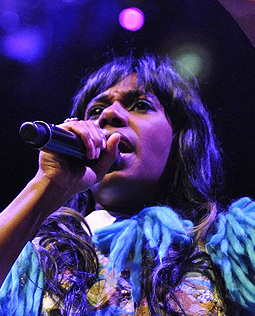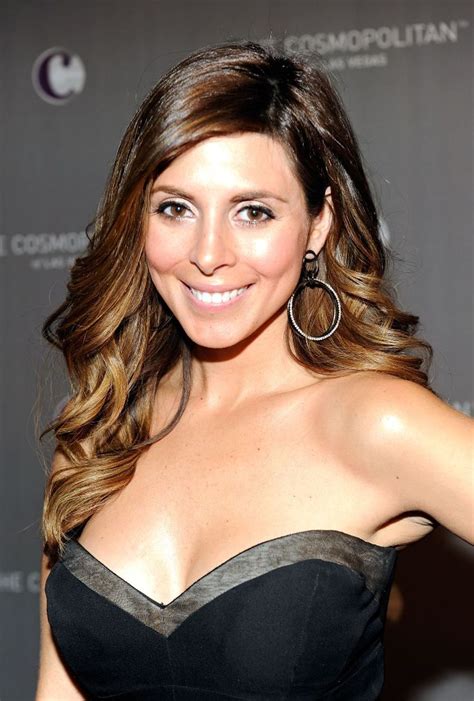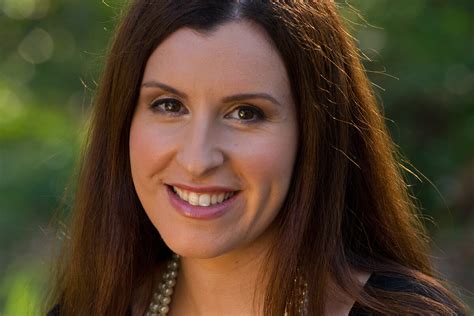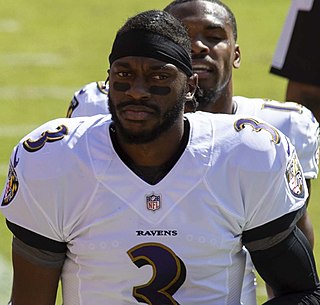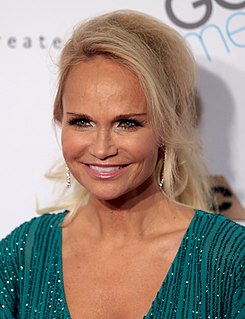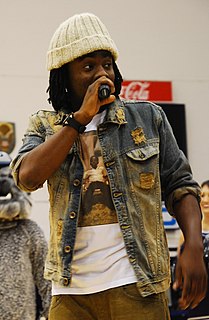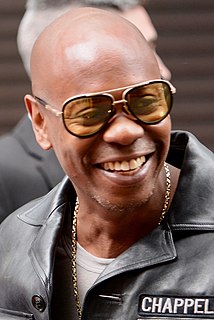A Quote by Mohsin Hamid
Religion is not something I like to talk about publicly. One reason is the politics, but also I think spirituality is deeply personal.
Related Quotes
I'm not criticizing how people experience what they might call spirituality. I am interested in looking critically at something else - at how people use their language to articulate theories about something they call religion, to say, for example, that "in Islam religion and politics necessarily go together," or to insist that "violence has no place in religion," to universalize it.
Religions, of course, have their own demanding intellectual traditions, as Jesuits and Talmudic scholars might attest.... But, in its less rigorous, popular forms, religion is about as intellectually challenging as the average self-help book. (Like personal development literature, mass market books about spirituality and religion celebrate emotionalism and denigrate reason. They elevate the "truths" of myths and parables over empiricism.) In its more authoritarian forms, religion punishes questioning and rewards gullibility. Faith is not a function of stupidity but a frequent cause of it.
Over the years my religion has changed and my spirituality has evolved. Religion and spirituality are very different, but people often confuse the two. Some things cannot be taught, but they can be awakened in the heart. Spirituality is recognizing the divine light that is within us all. It doesn't belong to any particular religion; it belongs to everyone.
We need to build millions of little moments of caring on an individual level. Indeed, as talk of a politics of meaning becomes more widespread, many people will feel it easier to publicly acknowledge their own spiritual and ethical aspirations and will allow themselves to give more space to their highest vision in their personal interactions with others. A politics of meaning is as much about these millions of small acts as it is about any larger change. The two necessarily go hand in hand.

